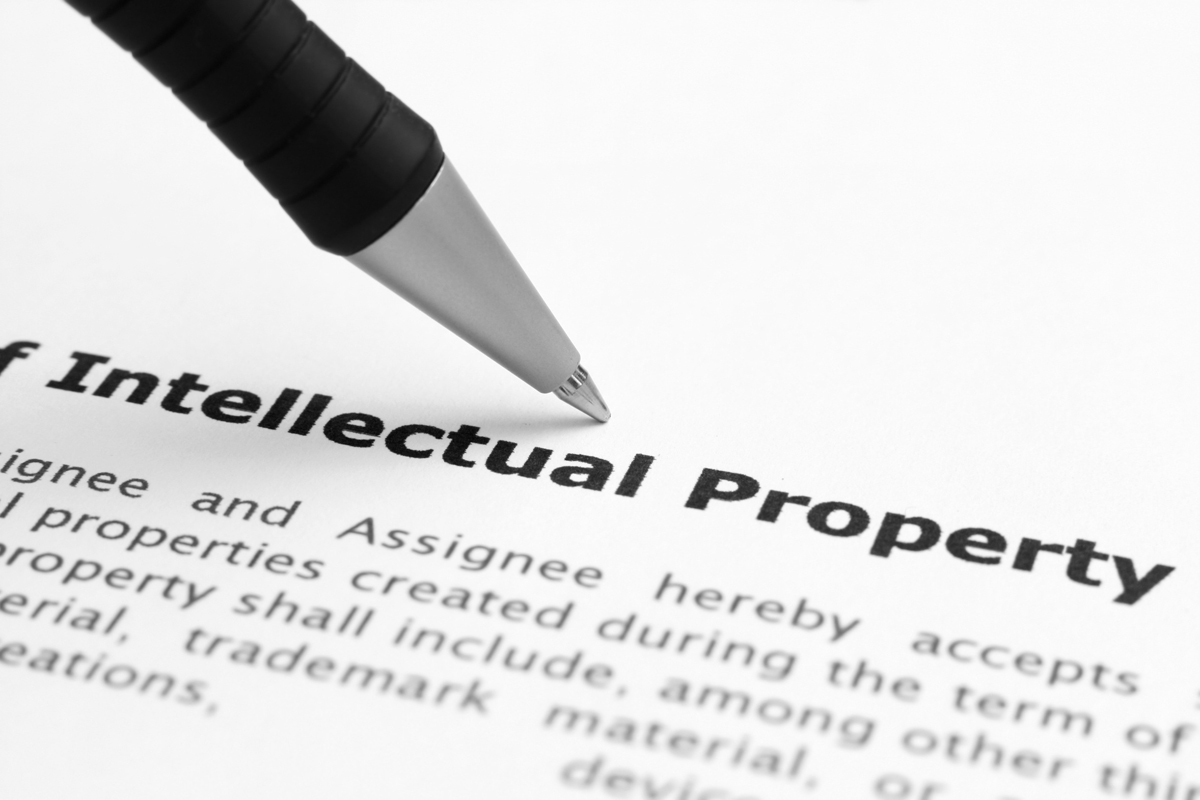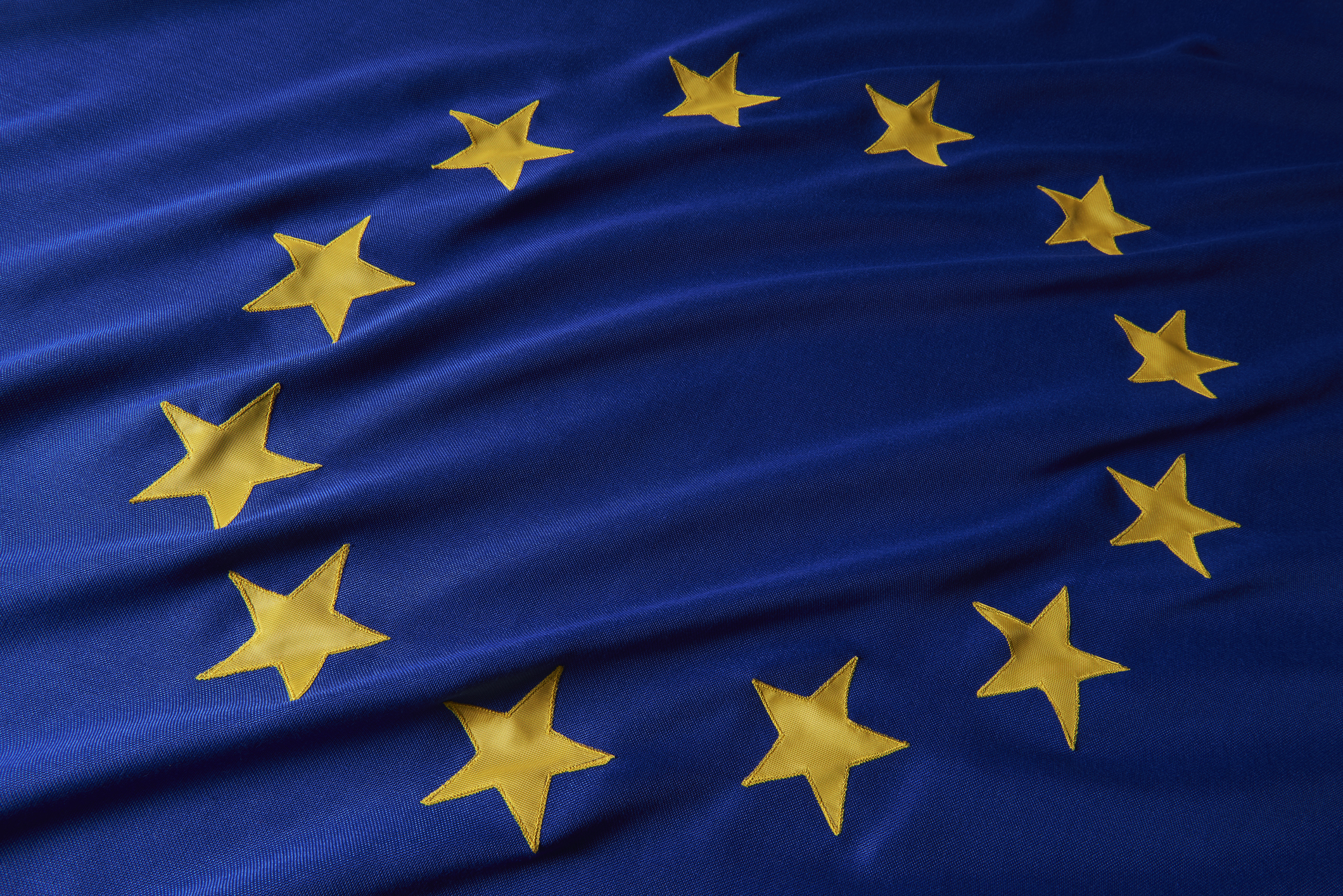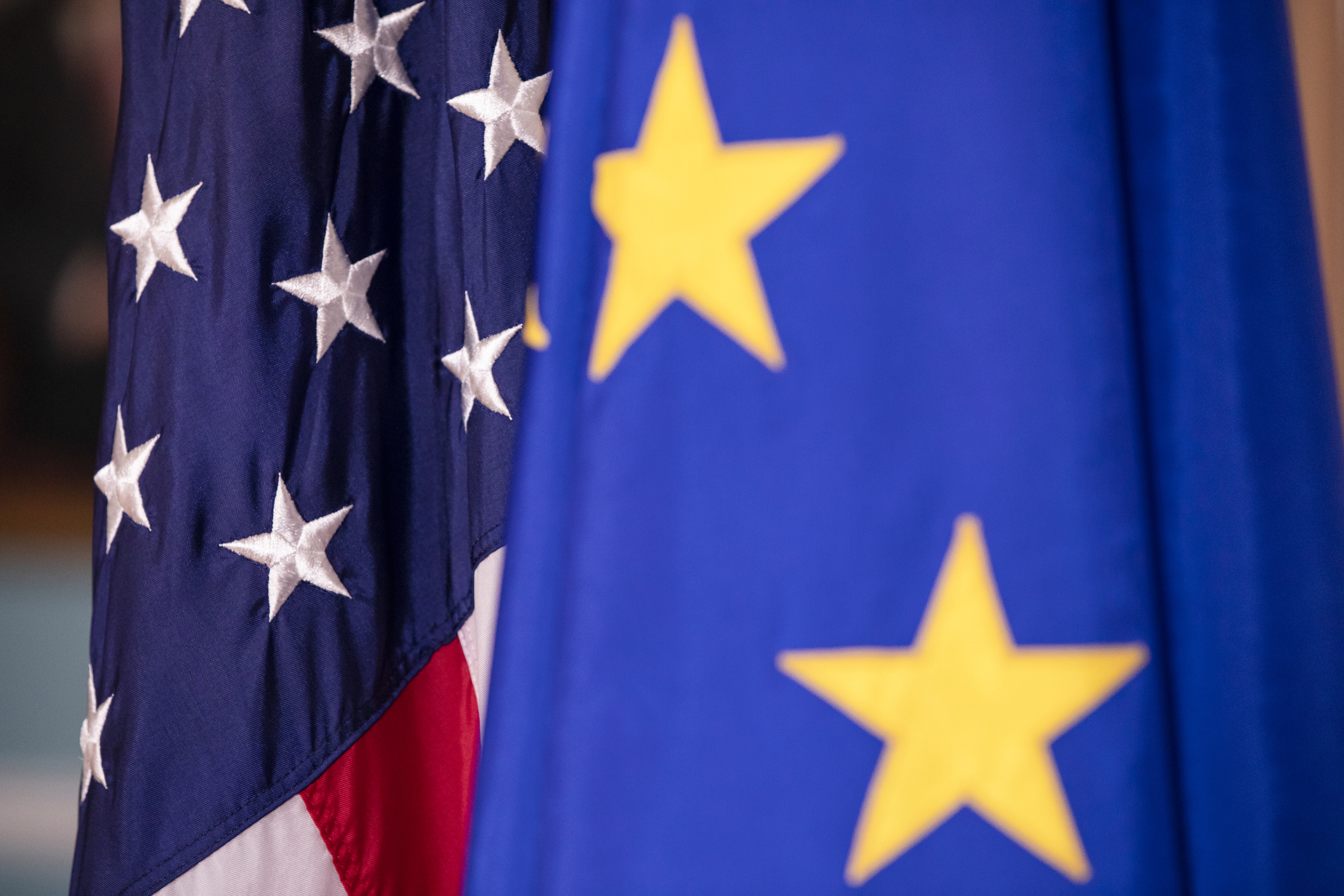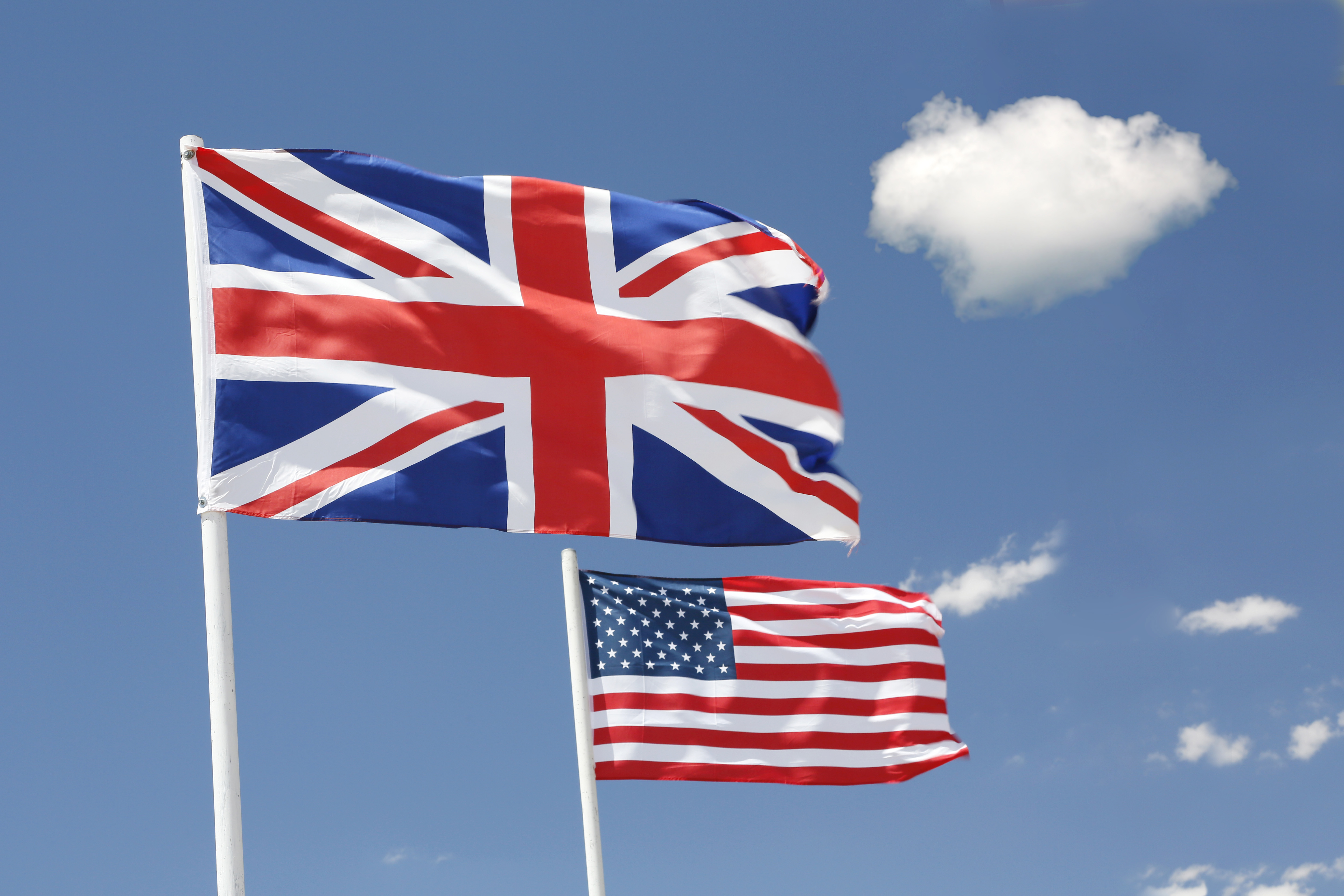ACTA: the basics, the controversies, and the future
At the end of January, 22 countries signed up to ACTA. But what is it, and how will it be affecting you? Simon Brew has been finding out.

On January 26th 2012, 22 member states of the European Union put pen to paper on the Anti-Counterfeiting Trade Agreement (ACTA). In the words of the European Commission, it's an agreement that "ensures people everywhere can continue to share non-pirated material and information on the web," whilst offering the reassurance that it "does not restrict freedom of the internet. ACTA will not censor or shut down websites."
The creation of ACTA has been beset with controversy. There's been a real sense of cloak and daggers about it.
It adds that "ACTA ensures the EU's already high standard of protection for intellectual property goes global - protecting jobs in Europe. Because Europe is losing 8 billion annually through counterfeit goods flooding our market."
Inevitably, though, the soothing words of the official EC language haven't offered too much comfort for those protesting what's proven to be a massively contentious agreement. Already, in the aftermath of ACTA being signed, one senior European Parliament official Kader Arif - has tendered his resignation, complaining that there was "no association of civil society, lack of transparency from the beginning and successive postponements of the signing of the text without any explanation".
So, what's been going on?
In the beginning
The story of ACTA began way back in 2006, as an attempt to bring together a unified response to the piracy of copyrighted work, and the global trade in counterfeit goods. In both instances, the internet, generally governed by local rather than international laws, had facilitated a massive surge in activity, and the idea with ACTA was to put together some tools to combat it.
Get the ITPro daily newsletter
Sign up today and you will receive a free copy of our Future Focus 2025 report - the leading guidance on AI, cybersecurity and other IT challenges as per 700+ senior executives
Given the contentious nature of anything that in any way battles any degree of web freedom, the creation of ACTA has been beset with controversy. There's been a real sense of cloak and daggers about it.
-
 ‘Europe could do it, but it's chosen not to do it’: Eric Schmidt thinks EU regulation will stifle AI innovation – but Britain has a huge opportunity
‘Europe could do it, but it's chosen not to do it’: Eric Schmidt thinks EU regulation will stifle AI innovation – but Britain has a huge opportunityNews Former Google CEO Eric Schmidt believes EU AI regulation is hampering innovation in the region and placing enterprises at a disadvantage.
By Ross Kelly
-
 The EU just shelved its AI liability directive
The EU just shelved its AI liability directiveNews The European Commission has scrapped plans to introduce the AI Liability Directive aimed at protecting consumers from harmful AI systems.
By Ross Kelly
-
 A big enforcement deadline for the EU AI Act just passed – here's what you need to know
A big enforcement deadline for the EU AI Act just passed – here's what you need to knowNews The first set of compliance deadlines for the EU AI Act passed on the 2nd of February, and enterprises are urged to ramp up preparations for future deadlines.
By George Fitzmaurice
-
 EU agrees amendments to Cyber Solidarity Act in bid to create ‘cyber shield’ for member states
EU agrees amendments to Cyber Solidarity Act in bid to create ‘cyber shield’ for member statesNews The EU’s Cyber Solidarity Act will provide new mechanisms for authorities to bolster union-wide security practices
By Emma Woollacott
-
 The EU's 'long-arm' regulatory approach could create frosty US environment for European tech firms
The EU's 'long-arm' regulatory approach could create frosty US environment for European tech firmsAnalysis US tech firms are throwing their toys out of the pram over the EU’s Digital Markets Act, but will this come back to bite European companies?
By Solomon Klappholz
-
 EU AI Act risks collapse if consensus not reached, experts warn
EU AI Act risks collapse if consensus not reached, experts warnAnalysis Industry stakeholders have warned the EU AI Act could stifle innovation ahead of a crunch decision
By Ross Kelly
-
 Three quarters of UK firms unprepared for NIS2 regulations, study finds
Three quarters of UK firms unprepared for NIS2 regulations, study findsNews Senior management can be held personally liable for non-compliance under NIS2 rules
By Ross Kelly
-
 US-UK data bridge: Everything you need to know
US-UK data bridge: Everything you need to knowNews The US-UK data bridge will ease the complexity of transatlantic data transfers
By Ross Kelly

